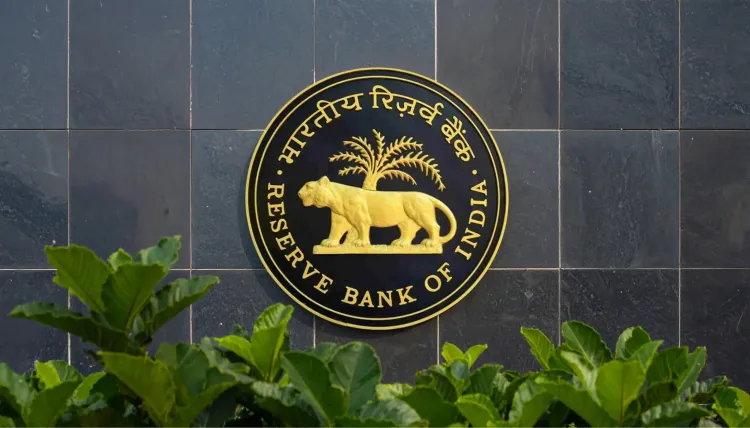Is RBI Allowing Banks to Finance Corporate Acquisitions with Stricter Safeguards?

Synopsis
Key Takeaways
- RBI proposes expanded financing for corporate acquisitions.
- Funding limited to listed companies with strong financials.
- Banks can finance up to 70% of acquisition costs.
- Strict eligibility criteria and safeguards ensure responsible lending.
- Stakeholder feedback is sought before finalization of guidelines.
Mumbai, Oct 25 (NationPress) The Reserve Bank of India (RBI) has put forth a proposal allowing banks to provide financing to Indian enterprises for the purpose of acquiring either complete or controlling interests in both domestic and international companies. This initiative is part of a strategy aimed at fostering long-term value creation.
Under the draft guidelines, only listed companies with a robust net worth and a history of profitability spanning the last three years will qualify for such loans.
Banks may finance up to 70% of the acquisition cost, while the remaining 30% needs to be sourced from the acquiring company's equity.
The proposal stipulates that funding can be directed either to the acquiring company or a dedicated special purpose vehicle (SPV) established solely for the acquisition.
The central bank has emphasized a comprehensive policy framework addressing acquisition finance, which includes criteria for borrower eligibility, security requirements, margins, risk management, and monitoring practices.
Importantly, both the SPV and the acquiring entity must be classified as body corporates, excluding financial intermediaries such as alternative investment funds (AIFs) or non-banking financial companies (NBFCs).
Furthermore, the proposal insists on no familial connections between the entities involved in the acquisition.
As mandated by the Securities and Exchange Board of India (SEBI), two independent valuations are required to accurately determine the acquisition value of the target company.
Banks are tasked with assessing credit risk based on the combined balance sheets of both the acquirer and the target.
This draft circular from the central bank aims to broaden the scope of acquisition financing while ensuring prudent lending practices are upheld.
Currently, banks have a limited role in these types of transactions.
The RBI is seeking feedback from stakeholders before finalizing the guidelines.










